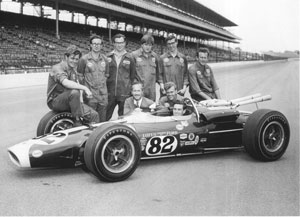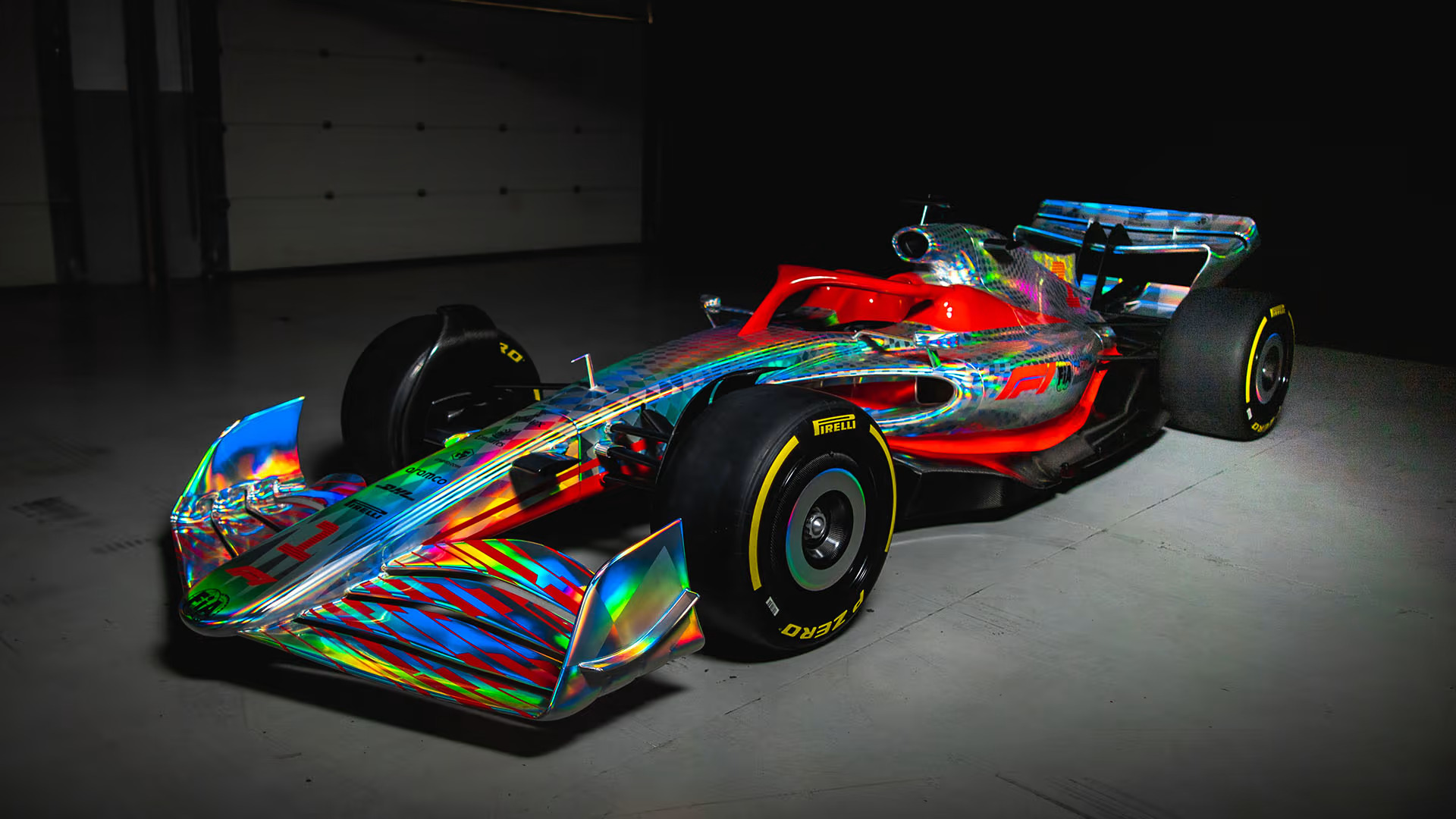Since its inception in 1950, Formula 1 (F1) has been the epitome of high-speed racing, captivating audiences worldwide with its unparalleled adrenaline rush and technical mastery. As the pinnacle of motorsport, F1 has a rich and storied history that has seen the sport evolve and transform over the decades. From daring drivers to cutting-edge technology, this article delves into the captivating history of Formula 1, a sport that continues to enthrall generations of racing enthusiasts.
1. The Birth of a Legend: The Early Years (1950-1960)

The concept of Formula 1 racing materialized in 1947, with the formulation of the Fédération Internationale de l’Automobile (FIA), the governing body for motorsport. In 1950, the inaugural F1 World Championship season commenced, with the British Grand Prix held at Silverstone. The championship featured a series of races across various iconic tracks, including Monaco, Spa-Francorchamps, and Monza. Juan Manuel Fangio, Alberto Ascari, and Stirling Moss became prominent names in the early years, showcasing exceptional driving prowess.
2. The Golden Age of Speed (1960-1970)

The 1960s saw significant advancements in F1 technology and an influx of talented drivers, making it a defining decade in the sport’s history. Iconic manufacturers like Ferrari, McLaren, and Lotus entered the fray, introducing innovative designs and pushing the boundaries of speed and engineering. Racing legends like Jim Clark, Graham Hill, and Jackie Stewart emerged as stars of the era, captivating the world with their on-track heroics and sheer bravery.
3. Tragedy and Triumph: The 1970s

The 1970s brought both triumph and heartbreak to the F1 community. Niki Lauda’s miraculous comeback from a life-threatening crash at the Nurburgring in 1976 remains one of the sport’s most inspiring stories. Tragically, the decade also witnessed the untimely deaths of beloved drivers like Jochen Rindt, Francois Cevert, and Ronnie Peterson, leading to safety improvements in F1 regulations that continue to shape the sport today.
4. The Turbocharged Era (1980-1990)

The 1980s marked the introduction of turbocharged engines, propelling F1 cars to new levels of speed and power. Legendary rivalries between drivers like Ayrton Senna and Alain Prost added drama and excitement to the sport. Senna’s astonishing skill in wet weather conditions and his sheer determination to win cemented his place as one of the sport’s all-time greats. The decade also saw the emergence of Williams and McLaren as dominant teams, with their cars setting the benchmark for engineering excellence.
5. Technological Revolution: The 1990s and 2000s

The 1990s and 2000s witnessed unprecedented technological advancements in F1. Electronic aids, such as traction control and active suspension, were introduced but later banned to maintain the sport’s essence of driver skill. Michael Schumacher’s era as a dominant force, winning seven World Championships, set new standards for consistency and determination. Ferrari’s resurgence under his leadership further intensified the competition among the teams.
6. Environmental Consciousness and Hybrid Era (2010-present)

The 2010s marked a paradigm shift towards sustainability and environmental consciousness in F1. The introduction of hybrid power units represented a bold step towards a greener future. Mercedes-AMG’s dominance, led by Lewis Hamilton, has been a defining characteristic of this era, as he continues to rewrite the record books with his unmatched driving skills.
7. The Future of Formula 1

As F1 enters a new decade, the sport remains committed to pushing technological boundaries while ensuring close and exciting racing. Sustainable fuels, new aerodynamics regulations, and cost caps aim to level the playing field and create a more competitive spectacle. As always, the quest for engineering excellence and driver brilliance will be the driving forces shaping the future of Formula 1.
Formula 1’s illustrious history is a tapestry of daring feats, triumphs, tragedies, and technological revolutions. From the early pioneers who raced through the streets of Europe to the modern-day champions, the sport has continuously evolved and captured the hearts of millions worldwide. As F1 continues its high-speed saga, one thing remains certain: its magnetic allure will forever be etched in the annals of motorsport history.



